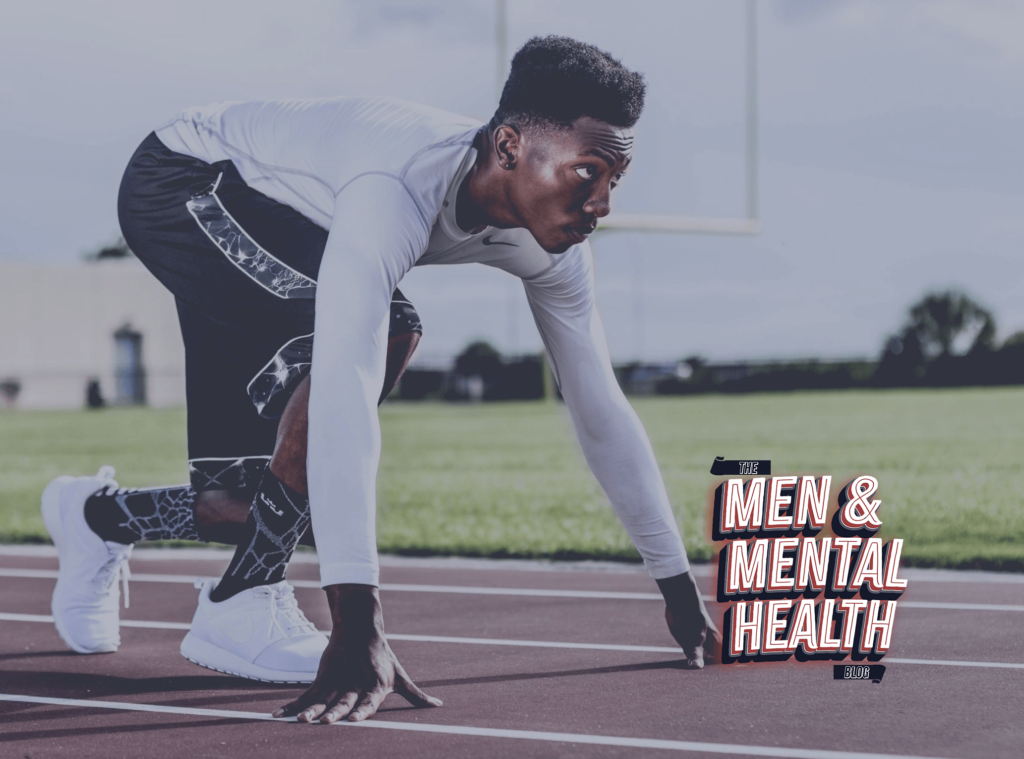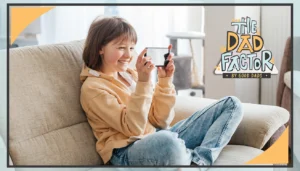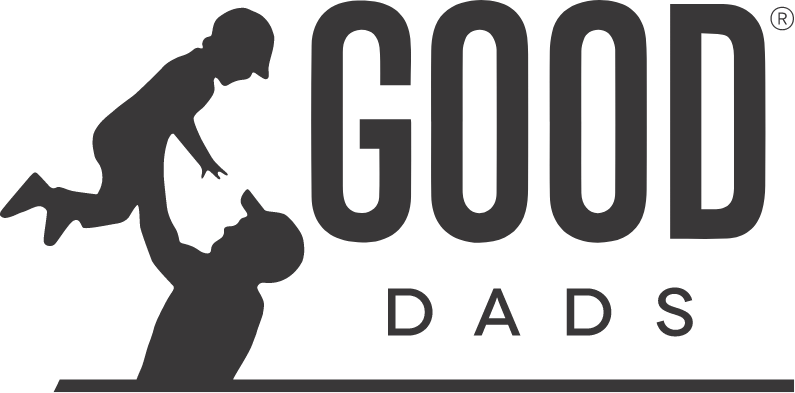We’ve been thinking about anger all wrong.
Anger is not something to suppress, ignore or be ashamed of. In fact, expressing your anger in a safe and healthy way is one of the best things you can do for yourself. All you need is the confidence to do it right.
It’s clear that improved self-confidence is the secret ingredient for better anger expression. This is because of the positive relationship with self-confidence and one’s overall emotional intelligence. Simply put, folks who feel good about themselves are better equipped to handle strong emotions, including anger.
If you are more self-confident, you can express your anger better, do more with your anger and are less likely to stifle your anger or interpret it as shameful. Researchers widely agree that people with low self-esteem and low self-confidence have more trouble self-regulating anger, are less likely to be aware of their anger, more likely to have explosive outbursts and report feeling even worse about themselves for expressing anger.
But how can someone improve their self-confidence? Here are a few ideas to get you started:
Talk to yourself and to others.
When we talk to ourselves, we make time for ourselves. We speak our feelings into existence and we make room to make sense of them. Instead of locking negative emotions away or ignoring life’s big questions, talk it out with yourself. Additionally, surround yourself with people who listen to and embrace your feelings instead of ignoring or dismissing them. Both techniques can improve your emotional intelligence, and by extension, your self-confidence.
Fake it until you make it.
It is sometimes easier to navigate precariousness if we pretend to have more self-confidence than we actually possess. It’s not about trying put on a façade or lie about who you are, but role-playing as someone who oozes self-confidence instead of the way you feel inside can help a great deal. This way you can trick yourself out of the anxiety or apprehension you might typically have about, say, an intimidating interview or a difficult conversation. If you overcome a challenge as a result of pretending to possess greater self-confidence, you are, like magic, supplying reservoirs of the same self-esteem you thought you lacked in the first place!
Use small successes to propel yourself into bigger, more meaningful achievements.
Put yourself in a mindset to get the most out of small, everyday victories to springboard yourself into future accomplishments. If you create that wrinkle in your brain and make a habit of celebrating routine victories, you’re showing yourself that you are a capable person worthy of high self-esteem. The springboard technique might look something like this: Hey, if I can successfully accomplish a small task (scheduling a dentist’s appointment, cleaning out the gutters, volunteering with a charity, etc.) then maybe that means I can achieve my bigger goals, too (asking for a raise, moving to a new city, proposing to my partner, etc.).
We have only scratched the surface of the many strategies for boosting self-confidence, and likewise there are plenty of ways to express anger confidently, safely and with respect for yourself. When you express anger, the goals should be to simultaneously avoid reacting in a way that you regret and to avoid perpetuating a negative feedback loop of poor self-confidence. Soraya Chemaly, author of Rage Becomes Her, puts it this way in her book:
“Flying off the handle in unpredictable ways rarely makes change or makes you feel better. Anger like this is usually a symptom of unaddressed emotions and almost always a history of having learned that expressing your emotions is not only bad but also makes you a bad person.”
Hash it out with a therapist or counselor.
Counseling can be especially effective for people who want to reach specific goals, untangle the complications of daily life or just need someone to listen.







